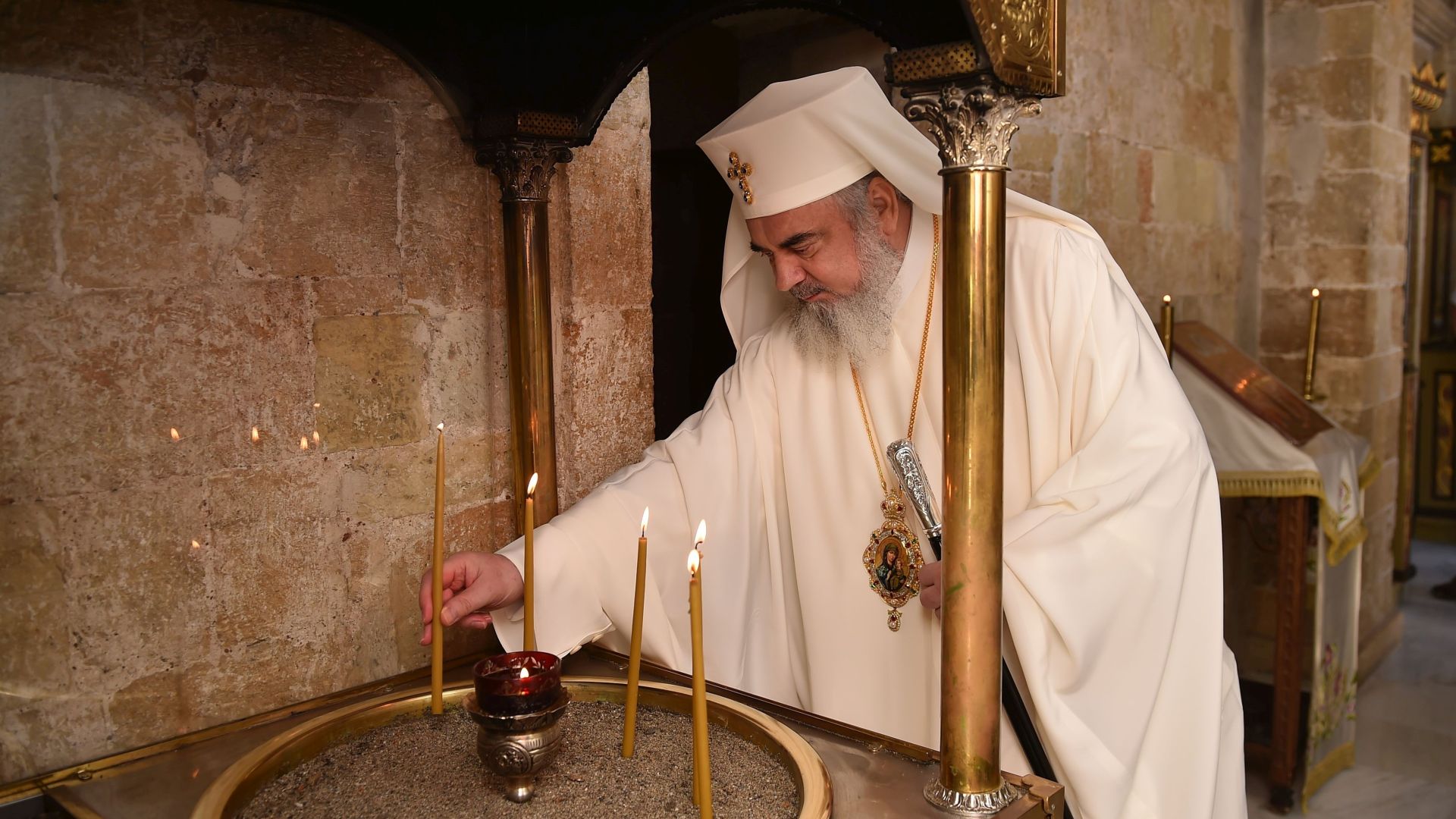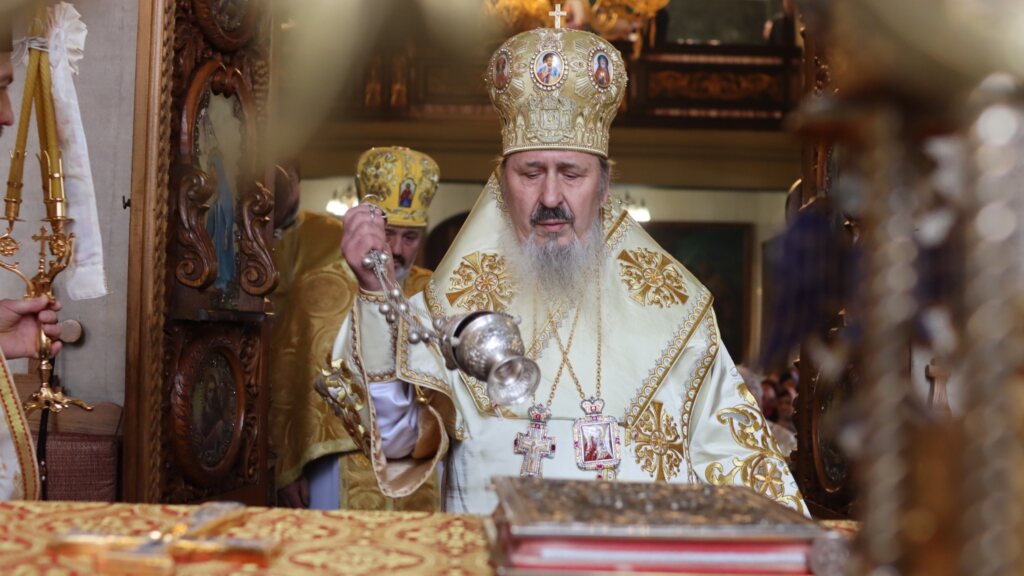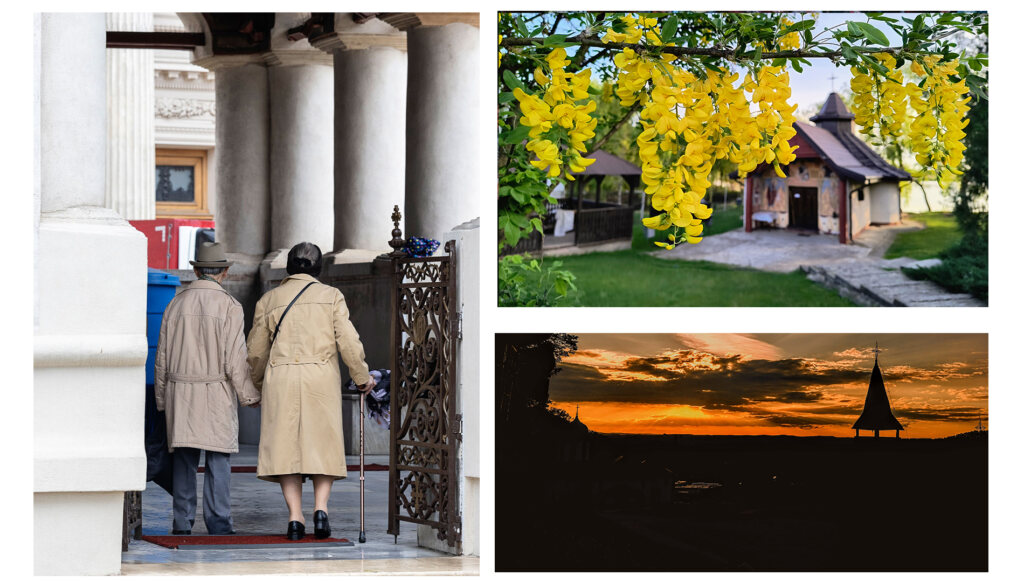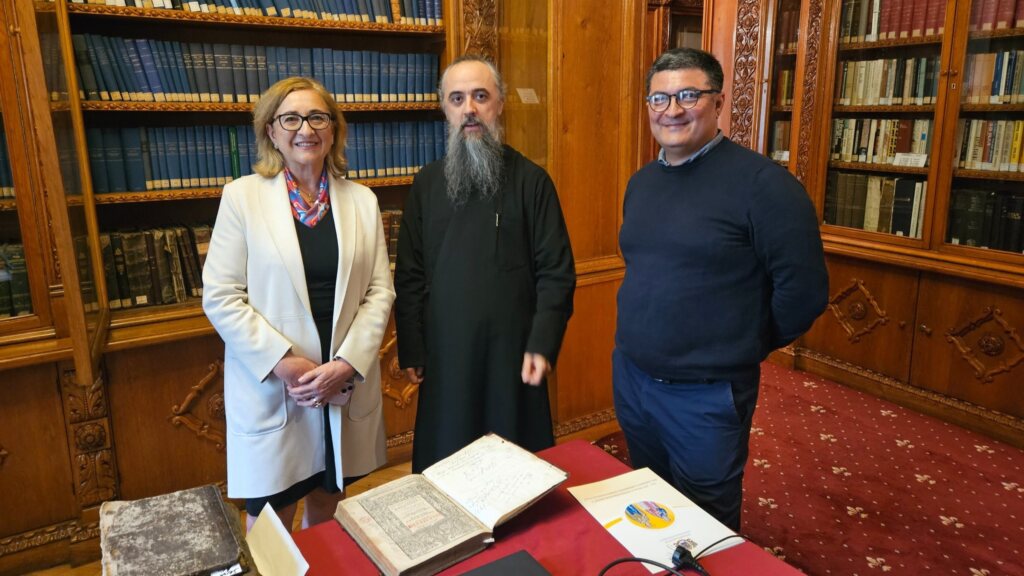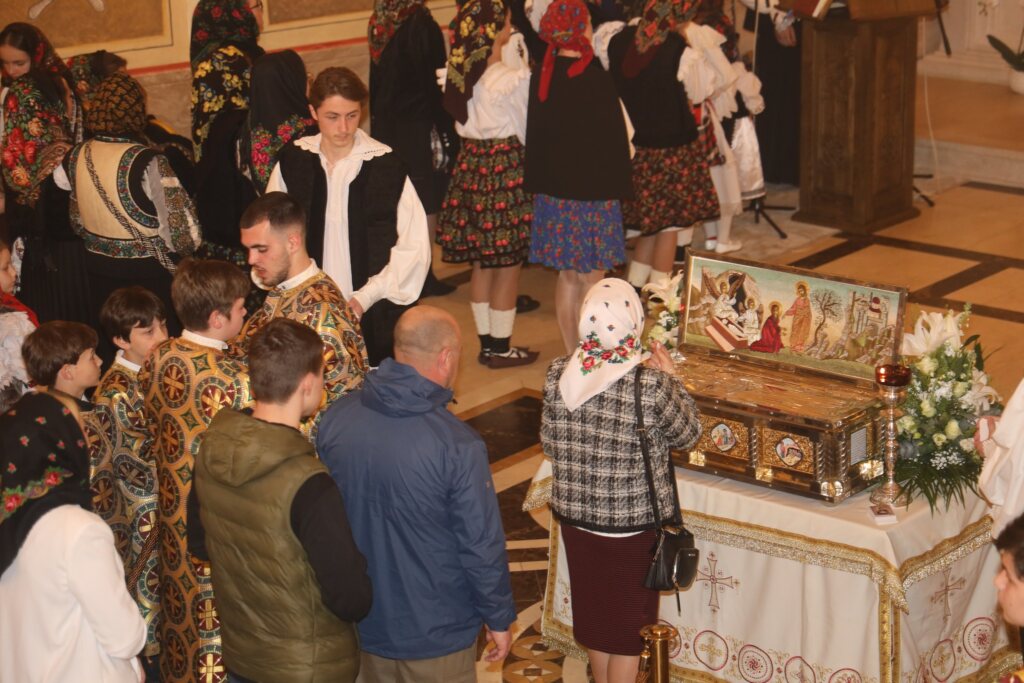“Loving our enemies is a challenging thing,” stressed the Patriarch of Romania in his sermon delivered at the Chapel of the Patriarchal Residence on Sunday. “We often forget those who did us good: parents, friends, teachers, people who helped us in difficult situations, who promoted us in life. We don’t do good to those who did good to us either.
“Although it seems unnatural to do good to those who harm us, that should be in our nature, Patriarch Daniel explained.
“Because of sin, we repay evil for evil. Because of the fallen, sinful, selfish, possessive human nature…”
“The Saviour exhorts us to answer in every circumstance only with kindness because this is the healthy spiritual human nature: to do good to every man, even to the enemy, for man is created in the image of the eternally Good and Merciful God.”
What should we do?
The Patriarch noted that the fact that we forget quickly those who did us good, but we keep in mind those who wronged us indicates a spiritual infirmity: the incapability to forgive.
“Their wickedness remains in our soul in the long run recorded cognitively and emotionally – in knowledge and feeling. We carry with us the wickedness of others stored in our soul so much that it becomes a disease of the soul because we cannot forgive those who have wronged us, we cannot free ourselves from their wickedness stored in our soul. Their wickedness becomes our own, which we carry within us as an unhealed wound, an untied bond.”
The solution is prayer.
“From experience, we find that the command of the Saviour Jesus Christ – ‘Love your enemies and do them good’ – cannot be fulfilled without the help of Christ,” said the Patriarch.
And prayer should not be made to punish enemies. The Divine Liturgy contains prayers not for revenge or punishment of enemies, but for multiplying love and driving away hatred.
“The love of enemies begins with the prayer for their forgiveness and correction, not for their punishment and destruction,” the Patriarch stressed October 4.
It is a great sin to ask the merciful God in our commemoration lists to punish our enemies, His Beatitude pointed out.
How do evil people change?
“Evil men often change not because they are punished, but because they receive from God benefits they do not deserve, as was the case with Zacchaeus the publican.”
“Other bad people change through trials, through troubles that God allows to turn their bad, violent, selfish behaviour into a good one, out of love for others. (…) But when God rebukes someone, he rebukes him with merciful love for correction, not for vengeance.”
Thus, to love our enemies, we must try to be good “as God.”
“Today’s gospel (Luke 6: 31-36) seeks to raise man from the fallen, selfish, possessive, vengeful human nature to God’s holiness and goodness.”
“It is a gospel urging us to be like God and to live as spiritual sons and daughters of God in the world,” said His Beatitude Patriarch Daniel.
Photography courtesy of Basilica.ro / Files
Thank you for reading Basilica.ro.
